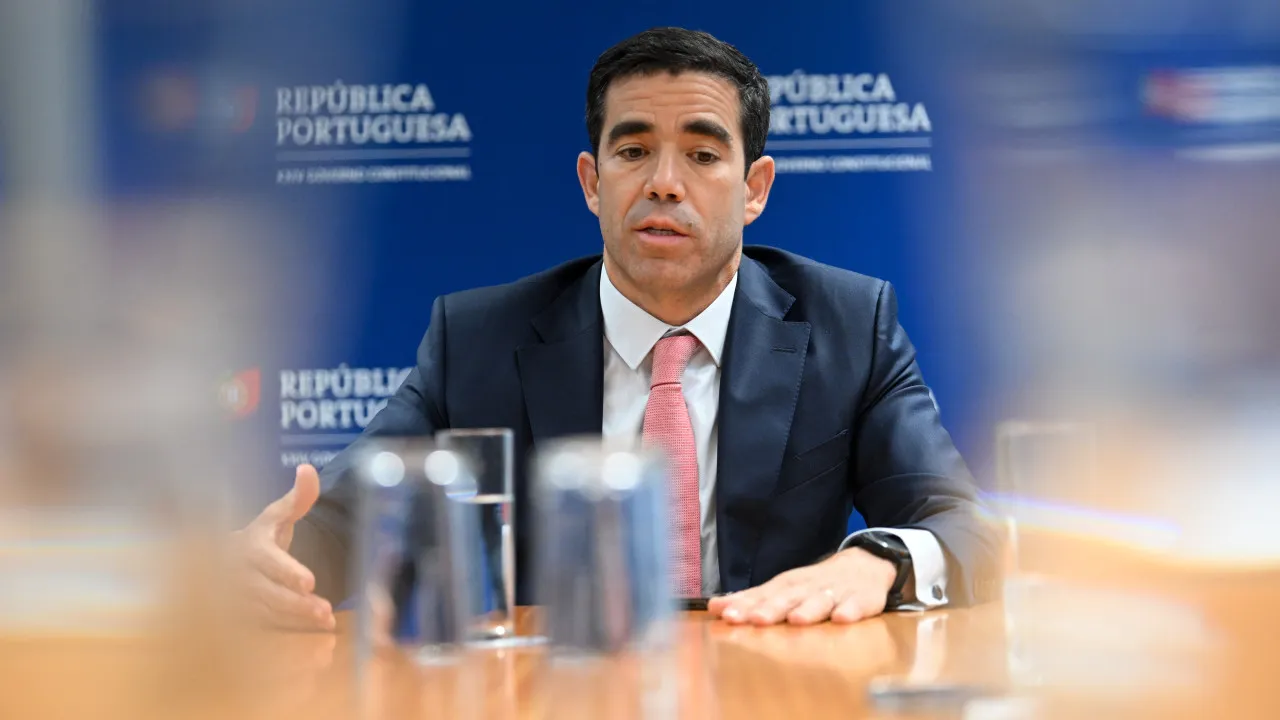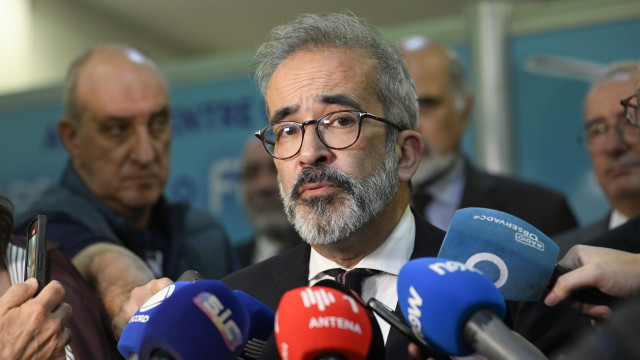
At the briefing of the Council of Ministers, the Minister of the Presidency, António Leitão Amaro, announced a proposal to amend the nationality law, emphasizing the need for a “genuine connection and belonging to the national community.”
This “robust connection” is what guarantees nationality, “defining our people as a political community,” he noted.
For candidates seeking nationality by birthright—those born in Portuguese territory, even if to foreign parents—the government plans to impose new regulations.
For “descendants of foreigners residing in national territory,” authorities will now “require that the parents have had legal residence for at least three years.”
Furthermore, the minister stated that “nationality is granted not by default, but only if the person expresses a positive intent to that effect.”
In cases of naturalization, legally termed “derived nationality,” the government aims to extend the current minimum period of five years of “legal residence required to qualify for obtaining nationality” to seven years for those from the Community of Portuguese Language Countries and “10 years for others.”
The “period begins to count with the acquisition of the residence permit,” unlike the current practice, which starts from the initial application, he explained.
In these cases, the government will require “sufficient knowledge of the Portuguese language, as well as Portuguese culture” and an understanding of the “fundamental rights and duties of the Portuguese Republic,” with “evaluation tests” envisaged.
Additionally, applicants will be required to sign a “solemn declaration of adherence to the principles of the democratic rule of law.”
Leitão Amaro further emphasized that the “standard of the applicant’s criminal record will be raised,” excluding candidates with a “prison sentence,” unlike current restrictions, which only apply to terms exceeding three years.




